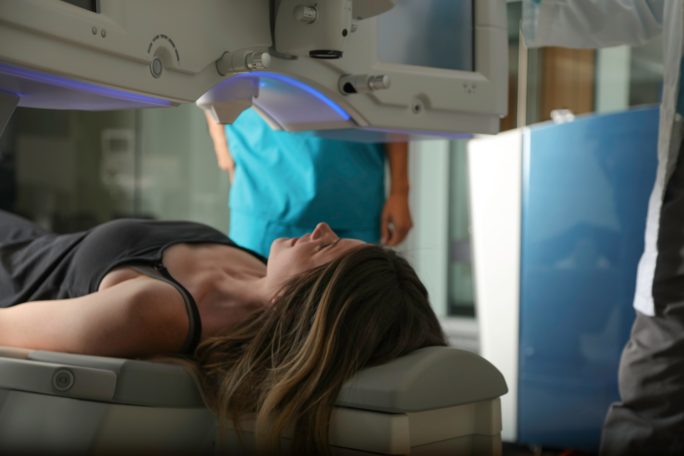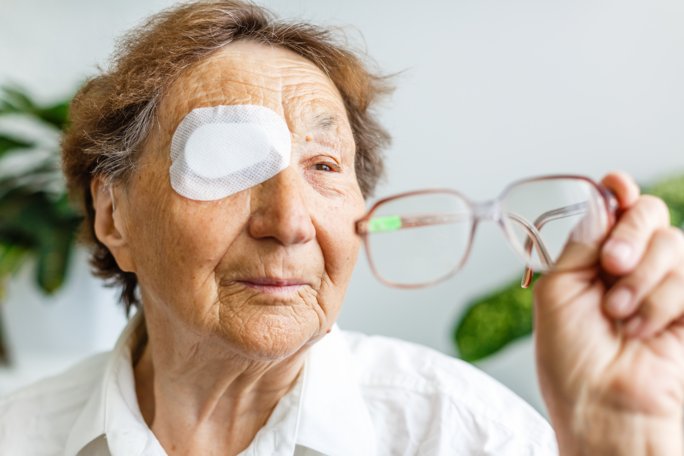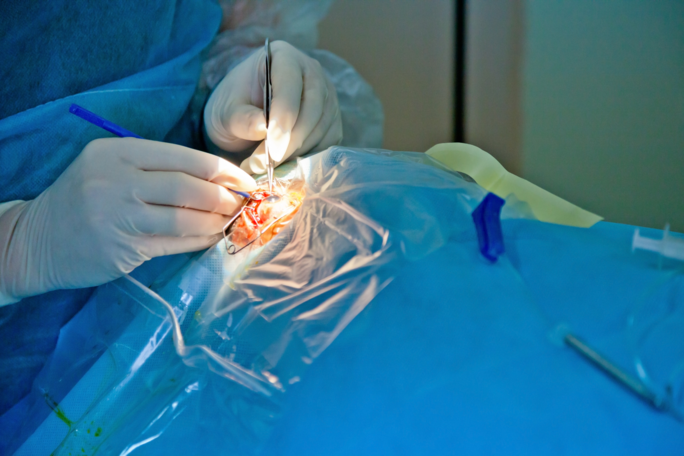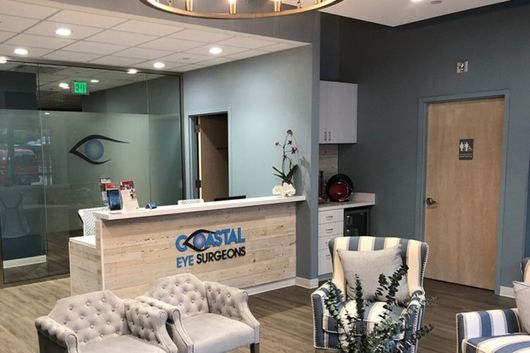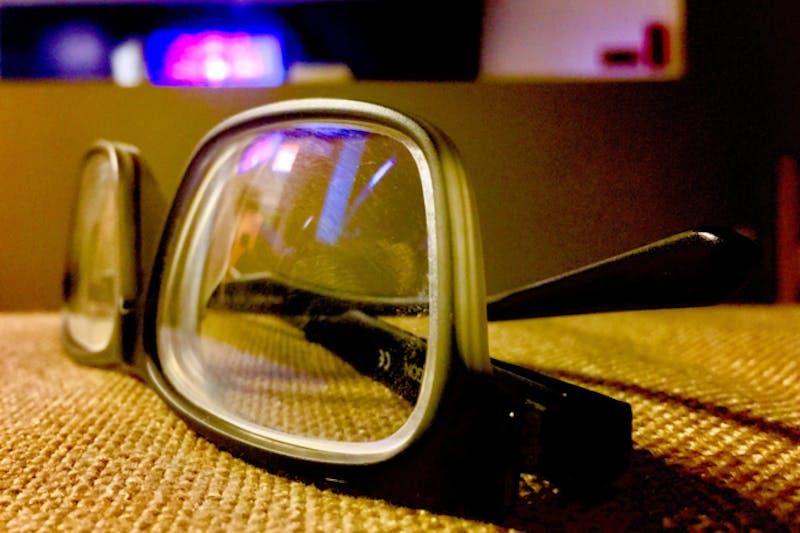
Of all the things the eyes do right, they are far from perfect. In fact, there are a wide range of things that can go wrong with your eye health and vision. While this can have a major impact on your quality of life, there are also a wide range of things you can do to correct those issues.
Two of the most common and popular eye surgeries include LASIK surgery and cataract surgery. They both have a high success rate with the technology available today and are both used to correct common eye conditions. With that said, they’re two entirely different surgeries.
Whether you’re interested in learning more about these two eye procedures or feel like you might benefit from one of the two, we’re going to detail the difference between LASIK and cataract surgery. By the time we’re done, you’ll have a firm idea of which one is best for you!
So, What’s The Difference Between LASIK and Cataract Surgery?
Cataract surgery and LASIK surgery are two types of eye surgeries that involve the use of lasers for eye and vision correction. They both utilize local anesthesia while the patient is awake, they’re both completed rather quickly, and they both require minimal recovery time.
With that said, cataract surgery and LASIK surgery help correct different eye conditions and issues. Cataract surgery corrects cataracts, which involve clouding of the lens in the eye. In contrast, LASIK surgery corrects the way light is focused on the retina by reshaping the cornea.
While a LASIK procedure is generally performed on both eyes at the same time, cataract surgery is generally performed on one eye at a time -- and isn’t always performed on both eyes. Don’t worry, we’ll discuss both of these two common eye procedures in more detail below!
Understanding LASIK Surgery
Also known as Laser-Assisted In Situ Keratomileusis, LASIK eye surgery is a type of refractive surgery that corrects three major conditions of the eye -- nearsightedness, farsightedness, and astigmatism. The main goal of LASIK surgery is to reshape the cornea with the use of a laser.
There are four main steps involved in this type of surgery. First, the eye surgeon uses topical eye drops to anesthetize the eye. Second, they create a corneal flap with a femtosecond laser. Third, the doctor reshapes the cornea with another laser. Finally, they replace the corneal flap.
Your ophthalmologist will perform an eye exam to determine whether or not you’re eligible to qualify for a LASIK procedure. Patients must be in good health and have a solid history of eye health. The good news is there’s a nearly 98% success rate when undergoing this procedure.
Understanding Cataract Surgery
Cataract surgery is recommended when a patient is suffering from a cataract in the eye. A cataract is characterized by clouding of the eye’s natural lens, which generally results in blurred vision, frequent glares, difficulty reading, and much more. These normally develop gradually.
There are three main steps involved in the process. First, the surgeon prepares the eye with eye drops that dilate the pupil and local anesthetic. Second, they remove the cloudy lens via an ultrasound probe or incision. Third, the cloudy lens is replaced with an intraocular lens (IOL).
An intraocular lens implant is an artificial lens that’s designed to be as clear as your natural lens. Your ophthalmologist will determine whether an incision (rare) is needed to remove the cloudy lens in one piece or an ultrasound probe (common) is used to break up the lens for removal.
When Should You Visit Your Ophthalmologist?
LASIK and cataract surgery are two of the most common eye surgeries in the world today, but that doesn’t mean they’re for everyone and anyone. A trip to your eye doctor will tell you all you need to know when correcting your vision, whether due to a refractive error or cloudy lens.
With that said, there are various symptoms that you should look out for when maintaining eye health, especially as you age. Most of us become extremely complacent with our vision and might not understand there’s something wrong with it -- until the damage is already done.
Let’s take a look at some of the most prominent symptoms and signs that you might need LASIK eye surgery:
- You’re experiencing myopia or nearsightedness
- You’re over the age of 40 and are experiencing hyperopia or farsightedness
- You’re experiencing blurred vision due to astigmatism
- You want dependence from contact lenses or glasses
Now, let’s take a look at some of the most prominent symptoms and signs that you might need cataract surgery:
- Clouded or blurred vision
- Difficulty seeing at night
- Frequent glaring and sensitivity to light
- Needing a bright light to read
- The presence of halos around lights
- Frequently having your glasses prescription changed
- Fading and/or yellowing of colors
- Double vision in one of your eyes
If you’re experiencing any of these signs and symptoms, don’t hesitate to seek treatment from a specialized and experienced ophthalmologist. They’ll likely start with a comprehensive eye exam and consultation to determine which form of treatment is best-suited for your situation.
Contact Us Today to Schedule an Appointment!
Now that you understand the difference between LASIK and cataract surgery, you’re likely wondering if you would benefit from either one of these two surgeries. Whether or not you’re having symptoms, the only way to truly tell is by scheduling an eye exam with your eye doctor.
That’s where Coastal Eye Surgeons comes in to save the day. Dr. Omar Shakir is prepared to give you top-notch medical advice for all of your eye and vision needs. He provides a boutique-style setting with the greatest technology to ensure a safe and comfortable experience.
At Coastal Eye Surgeons, we take great pride in our passion for eye health. Our focus is your vision, so contact us today to schedule an appointment with Dr. Omar Shakir ASAP! We can’t wait to give your eyes the tender love and care they need -- when they need it most!
Check out our article on 5 Summer Allergies That Could Affect Your Eye Health.

